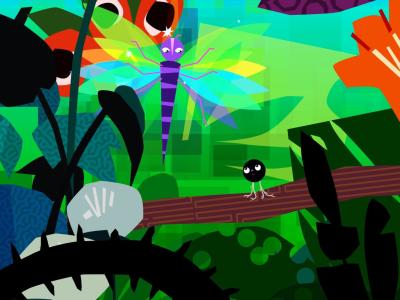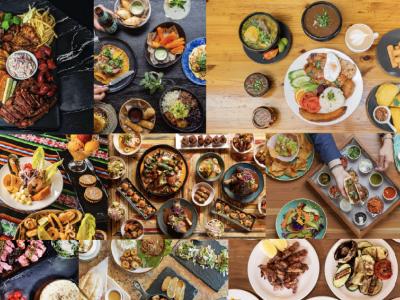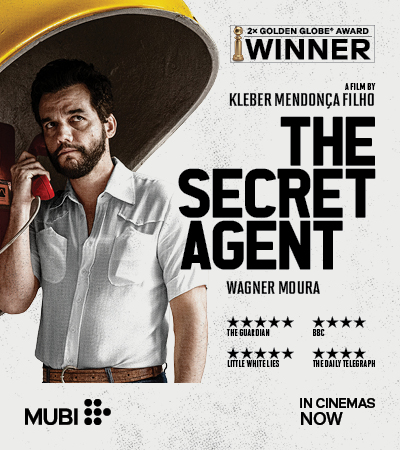My first memory is not an image but a sound: being fascinated by the sound of the sea trapped in a conch shell. I thought this was the sound in the beginning of the world. It transported me and I listened to it often.
From my mother I inherited her work ethic and her persistence. She encouraged me to read. I learnt to read music before I learnt to read words. But I read unstoppably. I read Darwin: 'The Origins of Species' at 11. That opened the door to the rational world but I had already gained access to a different type of world via music and which I believe has been fundamental in shaping my view of the world. I believe in harmony because I got to experience Bach’s music.
I grew up during a dictatorship and lived through a civil war and this is probably what most influenced me as a child. The dictatorship made me want to become a lawyer, to be instrumental to the rule of law. I grew up witnessing massive demonstrations and abuses during the dictatorship. By 12, I knew I would be a lawyer. The civil war in Peru, which was denied in real time by most, made an impact on me and developed my legal consciousness. I identify with Grotious, the father of international law, who also experienced war.
I love books but fiction is not as powerful as reality. Life is always far more intense that the best piece of art. Once I was given a book about the war in the Balkans. It was from a Nobel Prize winner. I read it. I was working at the time in The Hague, on the Genocide case concerning Bosnia and ex-Yugoslavia. I was reading the witness testimonies. The book was nothing next to the descriptions and stories of laypeople speaking for themselves. Truly. My profession has taught me that.
When I thought of London, I thought of ‘Picadilly Circus’. The Beatles. Sex Pistols and punk. But it was another dictatorship, under Fujimori, that led to my decision to move to London/UK? I did an LLM in international law.
When I arrived in London, I greeted the father of a friend with a kiss in the cheek as we do in Latin America. He was livid. He was muslim. The first year was pretty hard. London was expensive. Winter was crude. But England became my home. I love London now. It is quick-paced. Exhilarating. Fulfilling. Vibrant. Anything is possible.
Becoming a barrister is hard enough for English people, let alone for someone who came here as a refugee. But my lived experience as a Latin American has also helped me. In Latin America I came in touch with realities someone who has lived in Europe has probably not experienced growing up. My best work has been shaped by my early experiences.
International Law is a civilising force. It is also empowering. I feel privileged to put my knowledge to assist resolving disputes that have great impact on peoples, countries.
My most memorable moment is being called to the Bar in a wig, in the same hall Shakespeare once acted; being made bencher in the same place.
The biggest obstacle I’ve had to overcome is understanding the unspoken rules.
The most useful piece of advice I’ve been given is ‘The obstacle is the way.’ I learnt that from Zen budhism.
I get most pleasure out of nature. I find small talk tedious.
I would tell my younger self…'be patient.'
I have learned to value stamina
My perfect Sunday in London is…walking in the Heath. Stopping for an Aperol Spritz. I love The Royal Opera House, Hampstead Heath, the FCO.
When I feel homesick, I go tothe sea. If I didn’t live in London, I’d live by the sea.
My favourite word in English is autopoiesis. (I met one of my best friends in a class where there were 3 Professors discussing the notion for 4 attendees, us)
My least favourite word in English is later. ('mañana')















